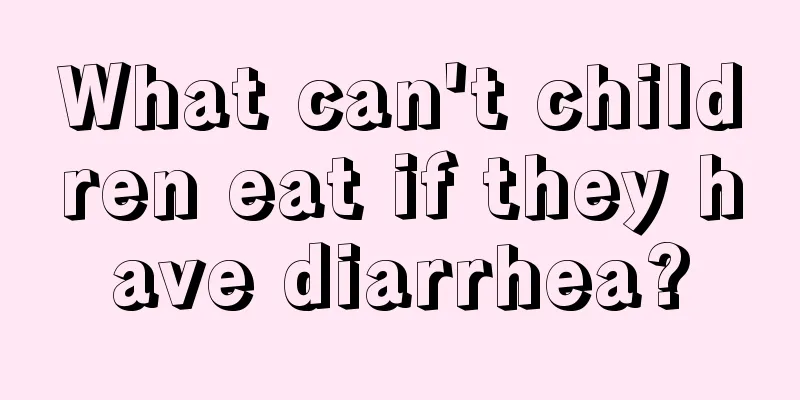Why do babies cry and struggle when breastfeeding?

|
When babies cry and struggle while breastfeeding, this is actually a manifestation of resistance to breast milk, which troubles many mothers. If you want to effectively solve these problems, you must first understand the causes. This is because the baby may be affected by some illness and feel unwell, so he resists breast milk. For example, common vomiting, diarrhea, and jaundice will prevent him from eating breast milk. 1. Sometimes it may be the mother’s own illusion : 1. Some babies turn their heads from one side to the other when looking for the nipple. This is called "home-seeking" behavior. Some mothers think that the child is expressing "no". 2. Some babies have more difficulty learning to suck than others, and the nurse may think that the baby does not want to drink her milk. 3. Some babies around 5 months old can easily be distracted from the breast due to noise and other reasons. After one year old, some babies will automatically wean themselves off breast milk. 2. The baby may be sick : If your baby has symptoms of other illness, such as vomiting, diarrhea, lethargy, jaundice, or seizures, he may be seriously ill and not wanting to breastfeed. In this case, it is best for the nursing mother to take the baby to the hospital for examination. The following symptoms generally affect infants’ breastfeeding: If the baby weighs less than 1800 grams Babies weighing less than 1800 grams may not be able to suckle breast milk. The solution is to help the mother express breast milk and feed the baby with the expressed milk with a cup until the baby is able to suck on his own. If the baby has a cold, the nose will be blocked A blocked nose can prevent a baby from sucking breast milk. The solution is for the mother to clear the baby's nasal passages before each feeding. Use clean cloth or absorbent paper to make a pointed twister, then gently insert the tip into the baby's nasal cavity to roll out the secretions. Clean one side first, then the other. If the secretion is dry, you can soak the twist in water and then roll it. 3. Is the breast milk too much and too strong ? When a mother starts breastfeeding her baby, the milk rushing into the baby's mouth may cause the baby to choke, and the baby will be afraid of breastfeeding. Sometimes milk will flow out of the other breast and make the mother feel breast swelling. This is a sign of excessive milk secretion and active ejection reflex. The solution is: 1. If the mother squeezes out some milk before each breastfeeding, her breasts will not be too swollen and the milk will not flow too quickly. 2. Feed only one breast at a time, and feed the other breast next time. This way the breast is less stimulated, milk production will also be reduced, and the flow will be suitable for the baby's needs. 3. If the mother breastfeeds while lying down, the milk will flow slower than when she is sitting. |
<<: Why do babies have diarrhea after taking jaundice medicine?
>>: Is it appropriate for babies to take probiotics?
Recommend
What to do if your baby is underdeveloped
After the baby is born, it is the time when paren...
What causes chickenpox? Learn the five causes early
We all know that chickenpox is not acne. The so-c...
What to do if your three-year-old baby has measles
Urticaria in children is relatively common. Altho...
Dark skin on baby's fingertips
The dark skin on the tips of a baby's fingers...
What's wrong with a two-month-old baby who hasn't had a bowel movement for two days?
Many babies go several days without a bowel movem...
Excessive jaundice can cause cerebral palsy
Although most babies will face the problem of jau...
My child always complains of stomachache, what is going on?
There are many problems with children's bodie...
How long is it best for newborns to be exposed to the sun?
The arrival of a baby makes many people very happ...
What to do if children have nephritis?
Childhood nephritis is an emergency condition. Th...
What are the symptoms of formaldehyde allergy in children?
Everyone knows that formaldehyde is a very danger...
What is the best way to treat ADHD in children?
Some parents are worried because their children a...
What should I do if my child has a hunchback?
I believe that many children read, write, work an...
Why do my hands and feet feel cold when I have an acute rash?
Emergency is a type of skin disease, which is a s...
How to treat asthma in children?
Coughing is not a disease, it is a self-healing p...
Expert guidance: 10 nutritional tips for a healthy baby
Every mother hopes that her baby is healthy, but ...









